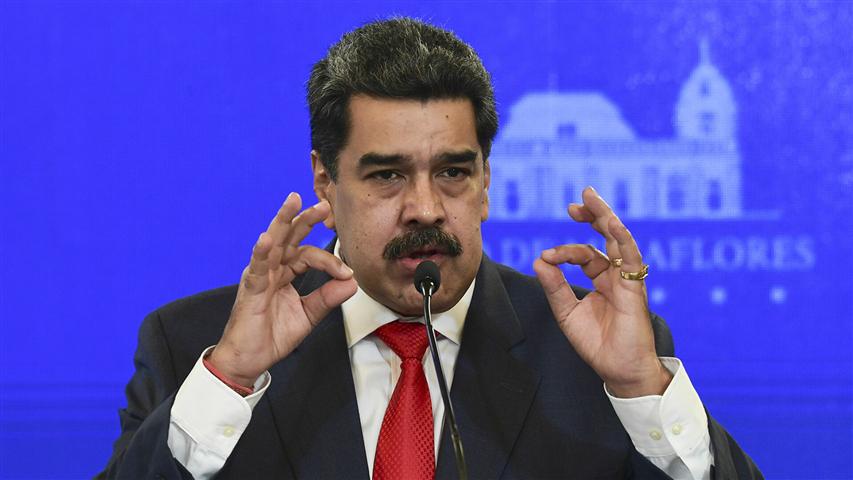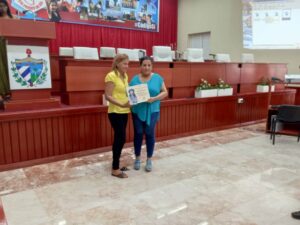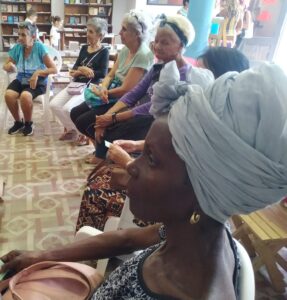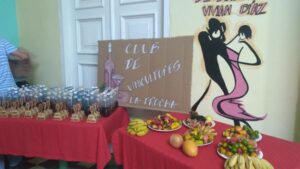It can be said that this permanent dialogue strengthened even more, in the year that is ending, the strategic interests of the Bolivarian Executive to consolidate the Revolution in key issues such as internal peace, the economy, political life and the rapprochement with social fragments such as the religious one.
Important steps were taken in the direct conversations held with the United States which, although in strict confidentiality, resulted, so far, in the signing of an important migratory agreement for the safe return of Venezuelans through the Plan Vuelta a la Patria (Return to the Homeland).
On October 5, the Bolivarian Ministry of Foreign Affairs informed that the government signed an agreement with its U.S. counterpart for «the orderly, safe and legal repatriation» of Venezuelan nationals from that country. It pointed out that the pact arose in the context of «conversations with the authorities» of the northern nation.
BARBADOS, TURNING POINT
The most relevant event of the year in terms of dialogue was undoubtedly the agreement reached at the Bridgetown Convention Center, Barbados, between the Government and the so-called United Democratic Platform (PUD), identified as the most extreme and violent segment of that sector in the country.
The new partial agreements referred to the promotion of political rights and electoral guarantees for all, in addition to the protection of vital rights.
Both were signed after resuming the talks suspended more than a year ago in Mexico and which, as in November 2022, were led by Gerardo Blyke, representing the PUD, and Jorge Rodríguez, President of the National Assembly, as head of the ruling party’s delegation.
This meeting had the mediation and accompaniment of Norway, Brazil, the Netherlands, Russia and Mexico, and was preceded by the international conference on Venezuela, sponsored by Colombian President Gustavo Petro, to resume the political dialogue between the Government and the Venezuelan opposition.
What was negotiated in the Barbadian capital once again opened hopes of making progress in key issues for the Executive and demanded by the opposition, considering that in the second semester of 2024 there will be presidential elections.
The first pact recognized the right of each political actor to select its candidate freely and in accordance with internal mechanisms, the Constitution and the law; and to jointly promote before the National Electoral Council (CNE) a group of guarantees for all.
It also proposed the invitation to international technical missions such as the European Union (EU), the African Union, the UN Panel of Experts, the Inter-American Union of Electoral Rights and the Carter Center, to observe the development of the elections.
Also, to promote a public discourse and a favorable climate without external interference, of respect for the citizens, the Constitution and the laws of the country, and to reject any form of violence and actions that attempt against the territorial peace of the Bolivarian Republic.
The second agreement ratified the «historical, sovereign and inalienable rights of Venezuela over the Essequiba Guyana» and defended the full validity of the Geneva Agreement of 1966, as a legal instrument that commits the parties to seek a practical arrangement of mutual benefit.
This, together with protecting the assets and property of the oil subsidiary Citgo, under threat of theft in the United States.
The presence of the northern nation in these meetings cannot be overlooked when it attended Bogota with one guest, among the 19 countries, and even less in what was achieved in Barbados, since it is a notorious and public fact the links between this national extreme right wing and Washington, as denounced by the authorities.
NATIONAL CONFERENCE AND TREASURY LICENSES
The Barbados agreements constituted a point of modulation in the national policy and of hope for the majority of Venezuelans, who see the possibility that, through them, the more than 900 unilateral coercive measures imposed in the last few years may be lifted.
In the first case, Maduro called for a national conference called For Peace, Democracy and Dialogue, in which all social and political sectors of the country participated.
It is about healing the wounds left by the blockade and sanctions, we are going to turn the page and «think big to make the country a great homeland», he stressed at the meeting.
We are taking the first step towards the full lifting of all sanctions, the progressive recovery of social welfare, economic growth, the consolidation of peace and democracy, within the framework of full sovereignty and national independence, he said optimistically.
This meeting with political, business, religious, social, academic and cultural sectors of the country resulted in a four-point document in which he called for the preservation of social peace and democracy, within the framework of full sovereignty and national independence.




